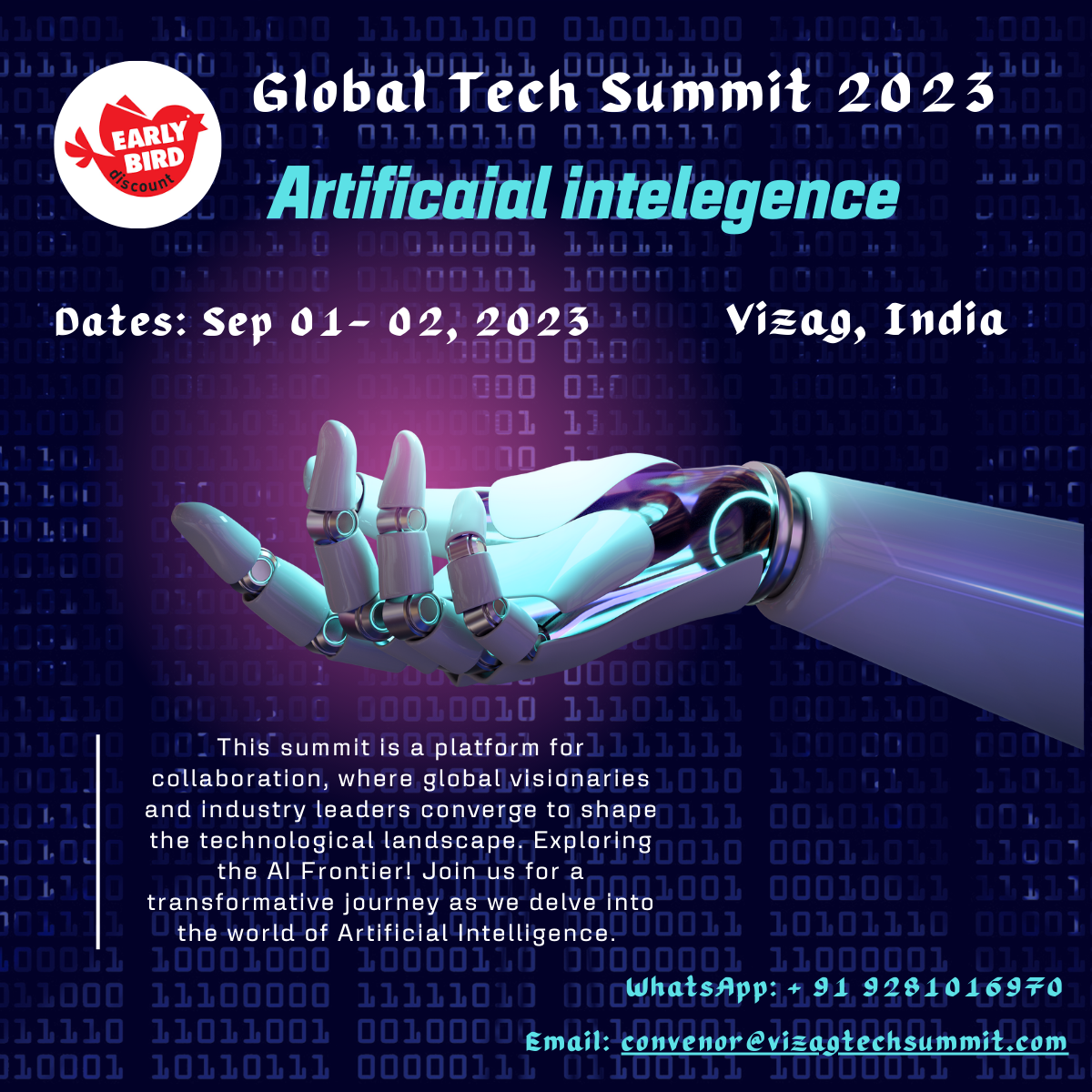
Introduction:
In recent years, we have witnessed a remarkable transformation across various industries, driven by the rapid advancement of Artificial Intelligence (AI) technology. From healthcare and finance to manufacturing and transportation, AI has revolutionized the way we live and work. With its ability to analyse vast amounts of data, recognize patterns, and make intelligent decisions, AI has become an indispensable tool for businesses worldwide. In this blog post, we will explore some of the ground-breaking applications of AI, highlighting its impact on different sectors and its potential for shaping the future.
Healthcare:
AI has emerged as a game-changer in the healthcare industry, offering innovative solutions to long-standing challenges. From diagnosing diseases and assisting in surgical procedures to personalizing patient care, AI is transforming healthcare delivery. Machine learning algorithms can analyze medical data, such as patient records and images, to identify patterns and predict outcomes. This capability has significantly improved disease detection, resulting in earlier interventions and higher survival rates. Additionally, AI-powered chatbots and virtual assistants are enhancing patient engagement, providing round-the-clock support and reducing the burden on healthcare professionals.
Finance:
The financial sector has embraced AI to streamline operations, manage risk, and enhance customer experiences. AI algorithms can analyze vast amounts of financial data in real-time, making it easier to detect fraudulent transactions, assess creditworthiness, and automate trading decisions. Natural Language Processing (NLP) enables chatbots to provide personalized financial advice and assist customers with routine queries. Furthermore, AI-powered robo-advisors are transforming the investment landscape, offering cost-effective and data-driven portfolio management services to individual investors.
Manufacturing:
AI is revolutionizing the manufacturing industry by optimizing production processes, improving quality control, and enabling predictive maintenance. Smart factories equipped with AI-driven automation systems can optimize production schedules, monitor equipment performance, and detect anomalies in real-time, reducing downtime and enhancing efficiency. Computer vision technology can inspect product quality with precision, ensuring that only defect-free products reach the market. By harnessing the power of AI, manufacturers can achieve higher productivity, reduce costs, and deliver superior products to consumers.
Transportation:
The transportation industry is undergoing a significant transformation with the advent of AI. Autonomous vehicles powered by AI algorithms are set to revolutionize the way we commute and transport goods. These vehicles can analyze sensor data, interpret road conditions, and make real-time decisions, significantly enhancing safety and efficiency on the roads. AI also plays a crucial role in optimizing logistics operations, predicting demand patterns, and improving route planning, resulting in reduced delivery times and lower fuel consumption.
Conclusion:
The impact of AI technology is far-reaching, revolutionizing industries and transforming the way we live and work. From healthcare to finance, manufacturing to transportation, AI-powered solutions are enabling businesses to achieve unprecedented levels of efficiency, accuracy, and innovation. As we move forward, it is crucial to ensure responsible and ethical AI development, addressing concerns related to privacy, bias, and job displacement. By embracing AI technology and leveraging its immense potential, we can shape a future where intelligent machines collaborate with humans, driving progress and enhancing our quality of life.
Global Tech Summit
Posted on: Jul 04, 2023

